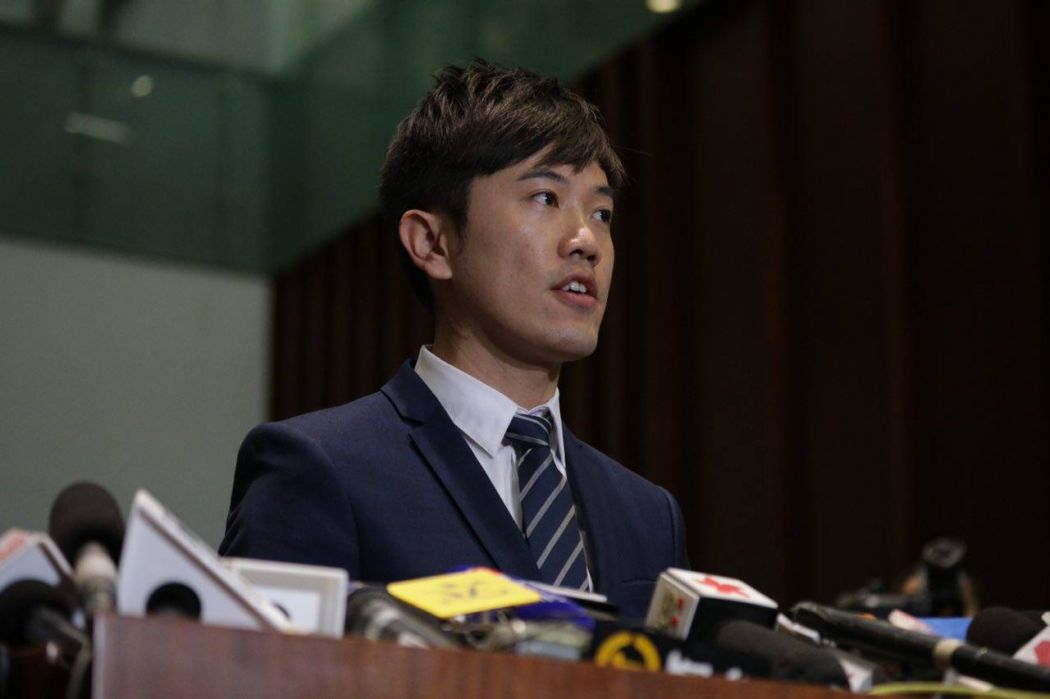A prominent localist group said on Thursday that it would “withdraw from all social movements” in the short-term, due to the “increased risks” of participating in street protests.
Civic Passion leader Cheng Chung-tai told Stand News that the risks did not involve police brutality, but the existence of “double-agents.” He claimed that police are still making fresh arrests over the Mong Kok unrest last February “possibly because, while being questioned by police, some people are naming other [participants]”.

He added that public opinion at present is not supportive enough of “the resistance [street protesters]”.
Several Civic Passion members were arrested in the months following the Mong Kok clashes, which broke out over the government’s attempt to clear street hawkers in the area. Group member Chan Pak-yeung was the first among all defendants to be convicted, sentenced to nine months’ imprisonment in October.
90 people have been arrested so far in relation to the incident.
Community focus
As Civic Passion’s sole lawmaker, Cheng added on Thursday that the group will change its strategy to focus on community work. It will be restructured from a “loose political organisation” into a political party, introducing formal membership procedures.
Civic Passion will also separate itself from the operations of affiliated media outlet Passion Times, run by the group’s former leader Wong Yeung-tat.

In September, Civic Passion formed an alliance with then-lawmaker Raymond Wong Yuk-man and former Lingnan University professor Chin Wan for its Legislative Council election campaign, fielding a total of five candidates. However, Cheng was the only one elected following a string of disappointing results for the alliance.
While fellow localist lawmakers Yau Wai-ching and Sixtus “Baggio” Leung Chung-hang were disqualified following a government legal challenge against their oaths of office in October, Cheng took his oath without protest. He explained that modifying the oath “would not be an effective means of resistance.”
